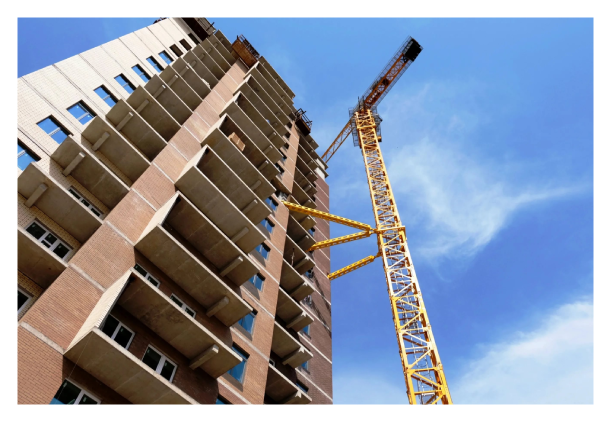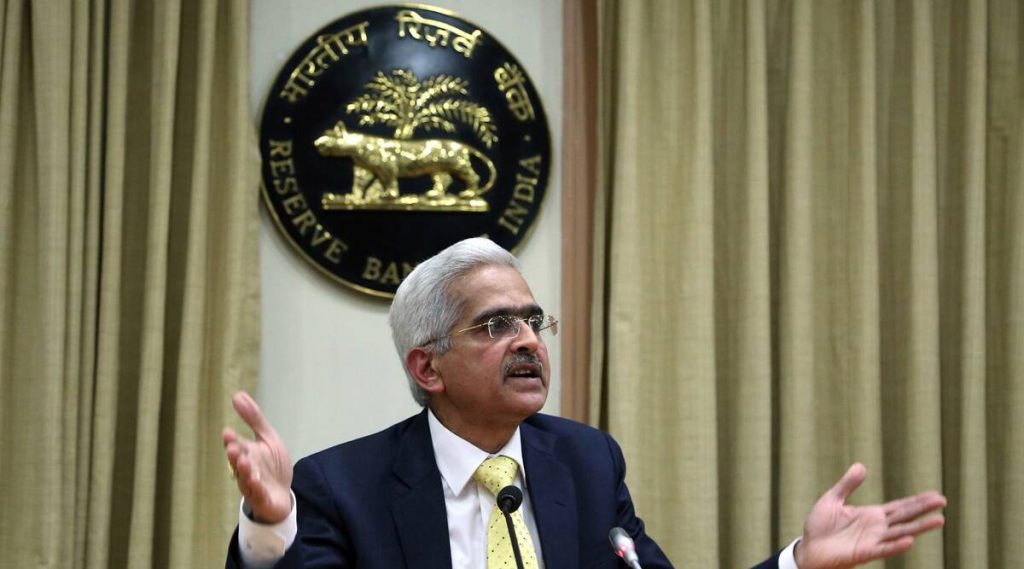The National Real Estate Development Council (NAREDCO) and Kedia Corporate Advisors Pvt. Ltd. co-presented a February webinar on Small and Medium Real Estate Investment Trusts (SM REITs). Since the Securities and Exchange Board of India (SEBI) has recently made significant regulatory changes, it is important to grasp the details of SM REITs in light of the importance of the webinar. During the session, CA Amit Kumar Kedia, Director of Kedia Corporate Advisors Pvt. Ltd., explored the advantages and regulatory framework of SM REITs and shared his insights.
“We discussed in the webinar how important it is for regulatory frameworks to support entrepreneurship and innovation in the real estate industry. By putting a premium on compliance and openness, we strengthen investor confidence and enable SM REITs to reach their full potential as reliable investment options. By introducing SM REITs, the stringent disclosure and compliance requirements aim to align the REIT market with the Indian equity market, fortifying the regulatory framework and projecting India as an appealing destination for local and foreign investors, augmenting our stature as a worldwide investment hub.
The goal of the launch of SM REITs, based on the “schematization movement” in financial products, is to democratize ownership by making ownership accessible and affordable for a broad spectrum of investors. The objective of India to become a developed nation by 2047 is supported by initiatives such as these. Let us embrace this historic policy change as we all work together to embrace this major policy change as we all work together to build an empowered and developed India,” he stressed.
Many subjects were covered in the webinar, such as the idea of SM REITs, the regulatory environment, market analysis chances to draw in investors, risk management techniques, potential tax ramifications, and future outlooks. To answer questions from the participants, a lively Q&A session was held.
“The SM REIT webinar was a game-changer for the real estate industry in India. Delving deeply into creative methods and tackling challenges, served as an impetus to progress. Through this webinar, we aimed to empower the workforce, foster sustained growth, and drive development within the sector, focusing on alternative financing through Real Estate Investment Trusts (REITs), “stated G Hari Babu, National President of NAREDCO.
“As the world’s fastest-growing major economy, India is expected to see faster real estate market growth in 2024, with all real estate indicators at record highs. An encouraging step to facilitating real estate investment in India is the introduction of small and medium-sized REITs. By attracting more retail and institutional investors and lowering entry barriers, these Real Estate Investment Trusts (REITs) hope to boost market confidence by offering opportunities for diversification. This new regulatory framework is expected to boost investments, liquidity, and the influx of both foreign and domestic capital into the real estate industry, according to NAREDCO Chairman Dr. Niranjan Hiranandani.
“The real estate industry has been going through significant transformations, with increased organization and the entry of new corporate players,” stated NAREDCO Vice Chairman Rajan Bandelkar. The industry benefits from this evolution in several ways, including increased stakeholder faith and trust, which were lacking previously. Moreover, there is now a stronger relationship between the real estate market and the share market, with rises in the former typically having a favorable effect on the latter.
The March 8, 2024 approval of SM REITs is one noteworthy development. Real estate investment trusts (REITs) offer a fresh approach to real estate investing, facilitating quicker access to funds benefiting individual investors. Even those with smaller savings can invest in real estate thanks to REITs, as they allow for fractional ownership and market participation. The advantages are exclusively available to larger investors and are now available to regular people thanks to the democratization of investment opportunities.”





